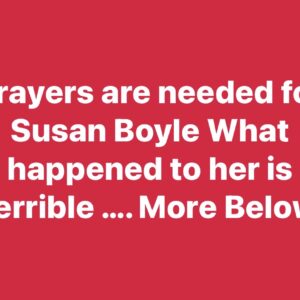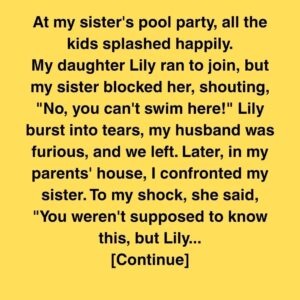JD Vance isn’t usually a man who shows much vulnerability in public, but his recent appearance—eyes shining, voice pulled tight with emotion—caught the world off guard. What should have been a routine statement from the Vice President instead spiraled into a political firestorm that quickly crossed the Atlantic. Whether those tears reflected genuine frustration, political calculation, or a moment of emotional overload, the fallout made one thing certain: his words carried more weight than he bargained for.
The issue began when Vance made remarks that struck many as dismissive, even disrespectful, toward America’s long-standing military allies. The timing couldn’t have been worse. Sensitive diplomatic conversations were already underway between the United States and several key partners, and his pointed comments landed like a hammer in a room full of glass. Some assumed it was a strategic move meant to shake the table; others believed it was a lapse in judgment that revealed more about his instincts than he intended. Either way, the response was immediate.
The United Kingdom reacted within hours, and that reaction was anything but subtle. British veterans, many of whom had served shoulder-to-shoulder with American troops in Iraq and Afghanistan, were furious. For them, criticism of the UK’s military involvement wasn’t just a political misstep — it was a gut punch. They remembered the cost in blood and lives: 636 British service members killed in those operations. Those numbers aren’t abstract in Britain; they’re names, faces, funerals, folded flags, and families forever changed.
Prominent figures in the UK’s veteran community quickly went public. Johnny Mercer, a former British army officer and a well-known advocate for veterans, condemned Vance’s remarks as careless and insulting. Andy McNab, the former SAS soldier whose own experiences in combat shaped his life, echoed the outrage. To them and many others, Vance’s comments disregarded years of British sacrifice and the depth of the military bond between the two nations.
Former defense chiefs weighed in as well. Admiral Lord West and General Sir Patrick Sanders reminded the public—and Vance—that the UK and the US share not just diplomatic ties but a military relationship forged through decades of fighting side by side. From World War II to the Global War on Terror, the two nations have carried each other through some of the darkest chapters in modern history. Suggesting otherwise, even implicitly, was bound to strike a nerve.
Political leaders across the UK joined the chorus. Shadow Defence Secretary James Cartlidge called the remarks “profoundly disrespectful,” emphasizing that the UK’s military commitments were not symbolic gestures but real, costly, and deeply felt. Former Foreign Secretary James Cleverly, along with members of Parliament from across the political spectrum, urged Vance to acknowledge the history he had brushed past. For them, this wasn’t about a single comment but about maintaining a partnership that had endured through wars, crises, and political upheaval.
Prime Minister Keir Starmer also stepped in, though his message was measured. He reaffirmed Britain’s pride in its armed forces and made clear that the sacrifices of British troops were not up for debate. His statement underscored the broader point: alliances aren’t built on convenience. They’re built on respect, shared struggle, and the acknowledgment of lives lost in mutual defense. When one partner minimizes those sacrifices—even unintentionally—the damage echoes far beyond political headlines.





